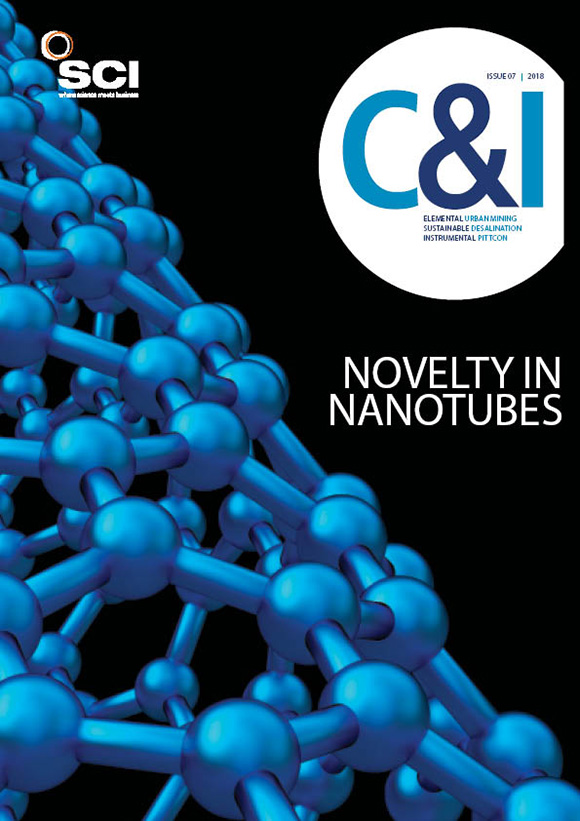The European Court of Justice (ECJ) ruled in July 2018 that onerous EU regulations for GMOs should also be applied to gene edited crops. The ECJ noted that older technologies to generate mutants, such as chemicals or radiation, were exempt from the 2001 GMO directive, but all other mutated crops should be regarded as GMOs. Since gene editing does not involve foreign DNA, most plant scientists had expected it to escape GMO regulations.
‘We didn’t expect the ruling to be so black and white and prescriptive,’ says Johnathan Napier, a crop scientist at Rothamsted Research. ‘If you introduce a mutant plant using chemical mutagenesis, you will likely introduce thousands if not millions of mutations. That is not a GMO. But if you introduce one mutation by gene editing, then that is a GMO.’
The ECJ ruling will have strong reverberations in academe and industry. The European Seed Association described the ruling as a watershed moment. ‘It is now likely that much of the potential benefits of these innovative methods will be lost for Europe – with significant economic and environmental consequences,’ said secretary general Garlich von Essen.
In 2012, BASF moved its plant research operations to North Carolina, US, because of European regulations. ‘If I was a company developing gene editing technologies, I’d think of moving out of Europe,’ says Napier.
‘The EU is shooting itself in the foot. Its ag economy has been declining since 2005 and it has moved from net self-sufficiency to requiring imports of major staples,’ says Maurice Moloney, CEO of the Global Institute for Food Security in Saskatchewan, Canada. ‘Paradoxically, it still imports massive quantities of GM soya beans and other crops to feed livestock.’
Moloney predicts that, for ag companies, ‘it is simply a case of moving the best researchers to North Carolina, Canada or California and doing the work there. The preponderance of EU scientists here is more marked every month’.
The ECJ said it considers ‘that the risks linked to the use of these new mutagenesis [gene editing] techniques might prove to be similar to those that result from the production and release of a GMO through transgenesis’. This statement irked plant scientists, since the EU has itself decided that transgenesis is not risky per se.
‘There is no acceptance of the scientific evidence that GM crops have no deleterious effects,’ comments Geraint Parry, plant scientist at the University of Liverpool, who says the move ‘will stall innovation in Europe both in academic institutions and biotech companies’.
Parry is frustrated by the ECJ’s view that gene editing will generate GM varieties much faster than conventional mutagenesis. ‘The intent is to indicate that gene editing has the potential to generate new crop varieties much more rapidly, and for some reason that is considered a problem,’ he adds.
The UK government’s recent Chequers plan for Brexit committed the UK to a common rulebook on agriculture with the EU. The UK, arguably the most pro-GM country in Europe, will likely therefore be tied to the ECJ ruling.





